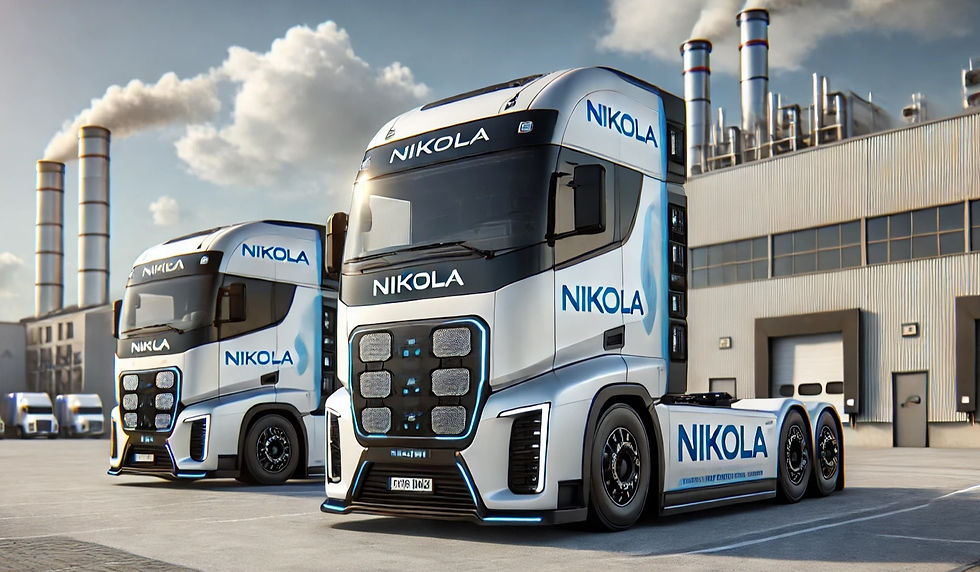
Rocket-Fuelled Romaine? Australia Trials Space-Grown Greens
Sustainable plant-based food production is heading to space, with Australian scientists preparing to trial next-gen tech that could one day
7 hours ago2 min read


REVO Foods Launches EL BLANCO a 3D-Printed Cod Packed with Omegas and Zero Ocean Drama
Austrian based, Revo Foods just dropped EL BLANCO, a 3D-printed cod dupe so brain-boosting and buttery it might make your omega-3 supplement
1 day ago2 min read


Smoked Bamboo Shoots Meet Plant-Based Rendang as Indonesian Vegan Startup Cooks Up a Storm
Indonesia’s flexitarian food scene just got a whole lot smokier and smarter. Arik Thohari, the quietly persistent founder of Meatree, has tr
2 days ago2 min read


"We’re Outselling Coke” as Kiwi Startup MOODI Hits Global Stage After Soda Sales Surge
New Zealand’s own MOODI Soda is rewriting the rules of retail and rewriting them fast. In a remarkable turn for the fledgling Kiwi brand, M
2 days ago2 min read


Craving Calm as First Quarter 2025 Food Trends Show We’re All Just Eating Our Feelings
Let’s be honest, we’re eating our feelings. Whether it’s the weight-loss wonder drugs, TikTok pistachio lattes, or that sudden urge to eat l
2 days ago2 min read

Sri Lanka’s Coconut Crisis Descending to Chaos and Crushed Dreams
Sri Lanka’s once-mighty coconut export game has gone from boom to bust and fast. Factories are under pressure to stay operating, workers are
4 days ago2 min read


From Mealworms to Mushroom Steaks as TIME’s 2025 GreenTech List Serves Up a Future Feast
Let’s face it: the Earth’s undergoing massive changes, food systems are stretched, and half of what we eat is either soaked in guilt or ship
6 days ago3 min read


Melbourne’s Meatless Gold Rush and Why Cell-Ag Startups Are Swapping Cities and Betting on Victoria
"New Zealand, meanwhile, seems stuck in regulatory limbo and risk-averse funding circles, unable to match the infrastructure or urgency".
Mar 282 min read
_edited.png)





Comments